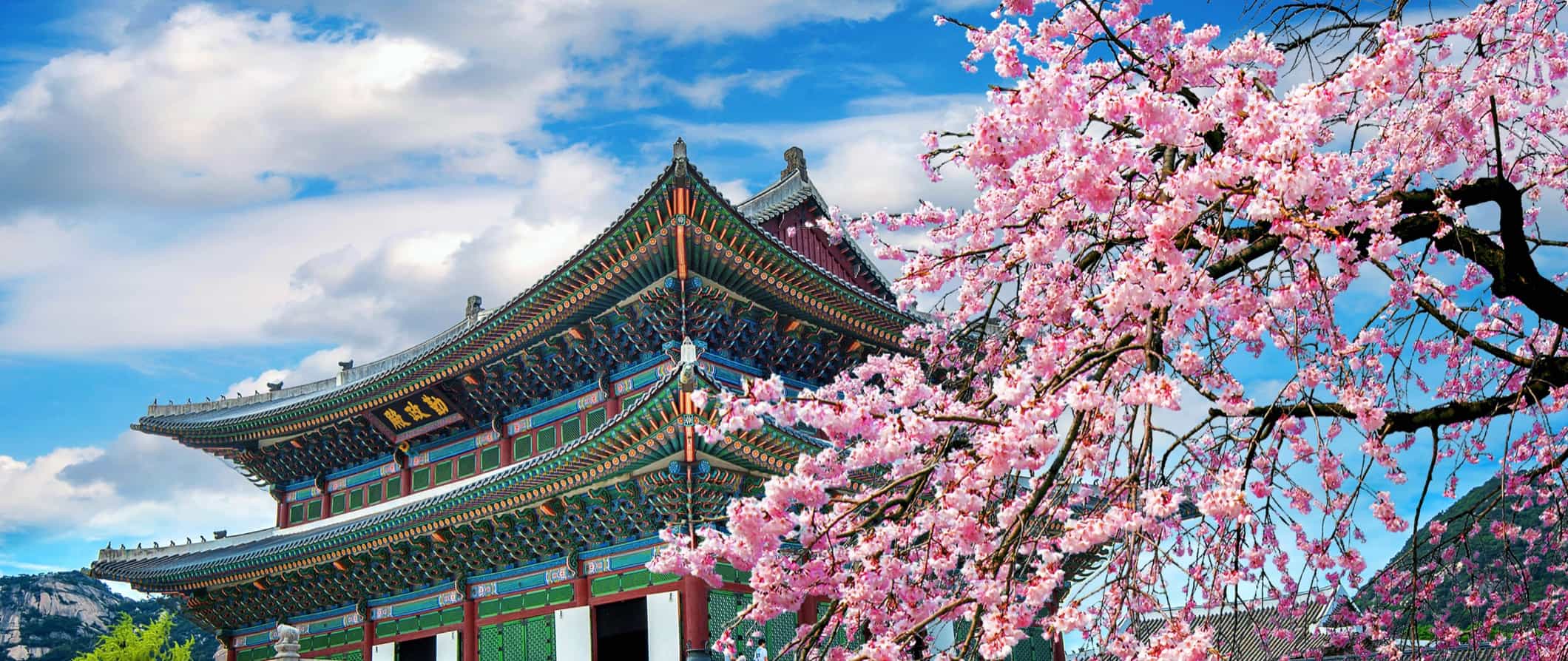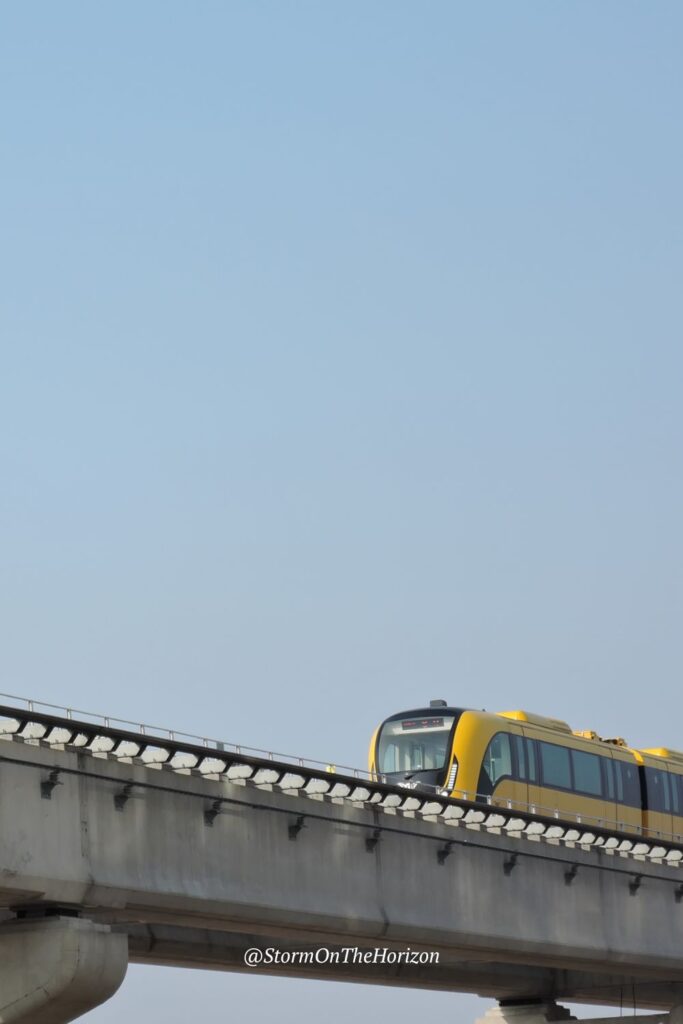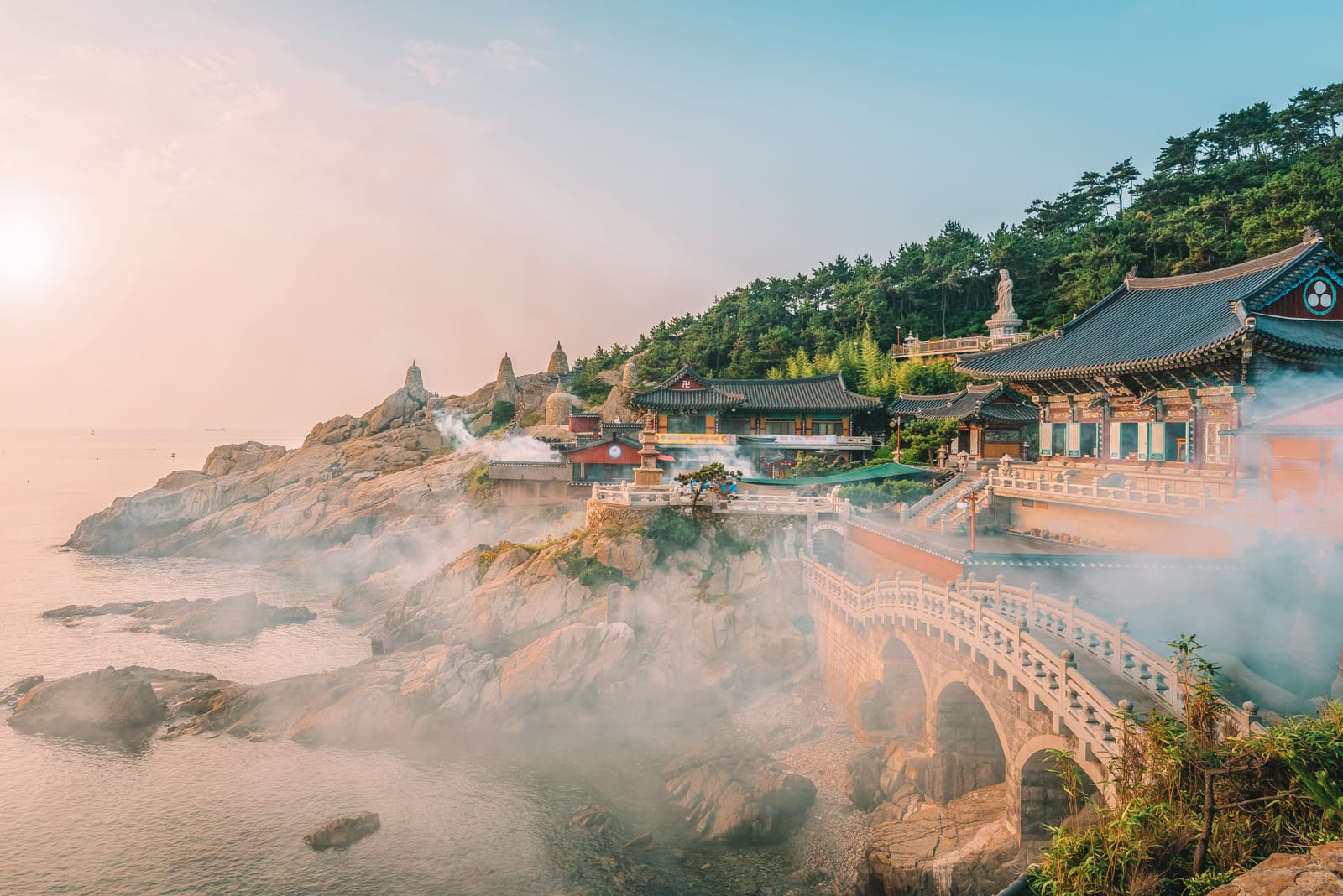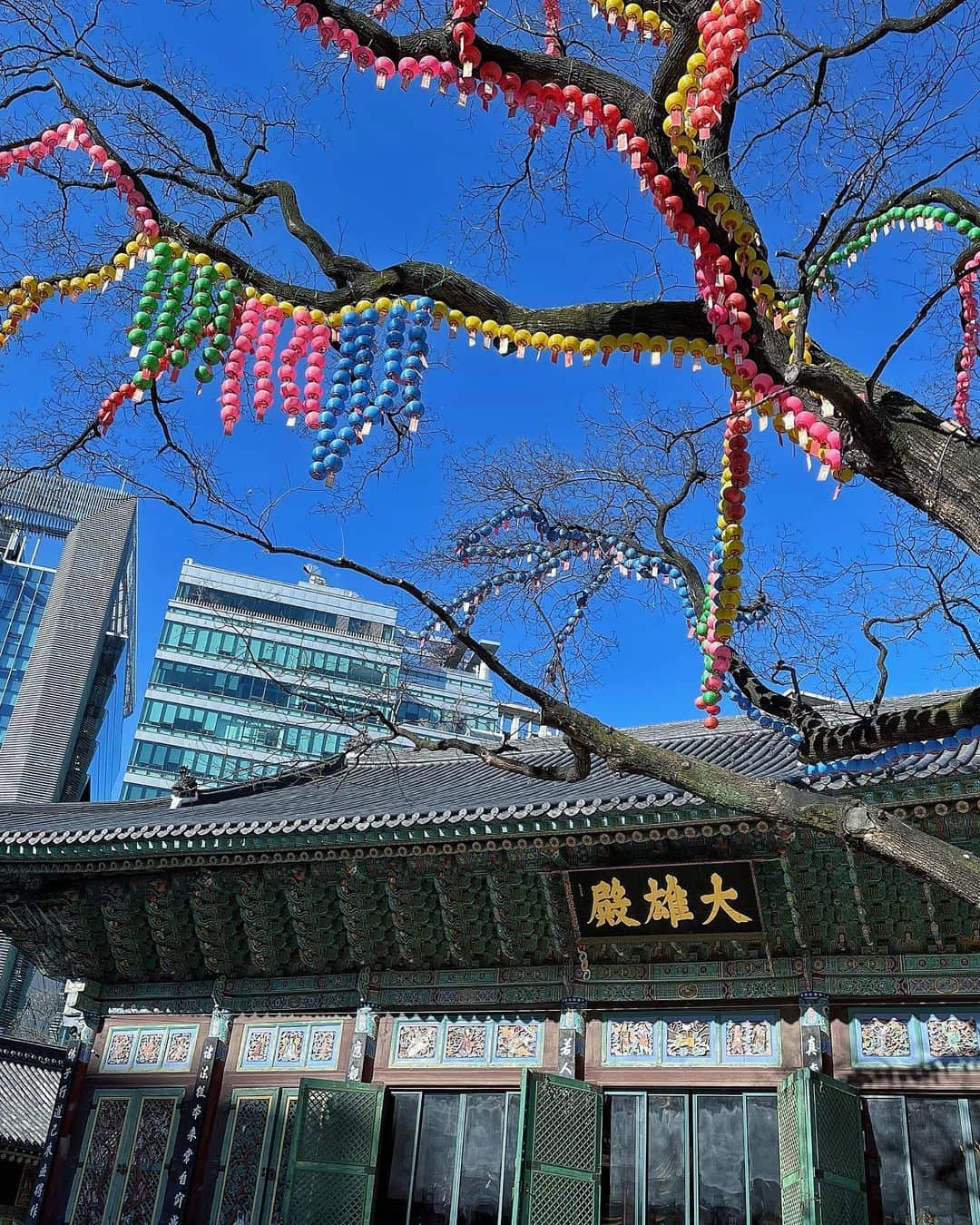South Korea Travel Guide for Indians: What You Need to Know

Introduction
Overview of South Korea
South Korea, renowned for its rich cultural heritage, technological advancements, and stunning landscapes, is a captivating destination in East Asia. From bustling cities to serene countryside, South Korea offers a diverse range of experiences for visitors. The country seamlessly blends tradition with modernity, creating a unique charm that attracts travellers from around the world.
Importance of Travelling to South Korea for Indians
For Indians, travelling to South Korea presents a wealth of opportunities to explore a culture that is both intriguing and welcoming. Here are some reasons why South Korea is an ideal destination for Indian travellers:
- Cultural Exchange: South Korea's rich history and traditions provide a fascinating insight into a culture that is distinct yet intertwined with global influences.
- K-Pop and Hallyu Wave: South Korea's entertainment industry, especially K-Pop music and Korean dramas, has gained immense popularity in India. Visiting South Korea allows Indian fans to experience this cultural phenomenon firsthand.
- Culinary Delights: South Korean cuisine, with its bold flavours and diverse dishes, offers a delightful culinary journey for Indian taste buds.
- Scenic Beauty: From lush green countryside to breathtaking coastal areas, South Korea's landscapes provide a picturesque backdrop for memorable travel experiences.
- Shopping and Technology: South Korea is a shopping paradise with trendy fashion, innovative technology, and unique souvenirs that cater to every visitor's needs.
Next Section: Visa Requirements for Indians Travelling to South Korea

Visa Requirements for Indians Traveling to South Korea
Visa Application Process
Indian travellers planning a trip to South Korea must adhere to the visa requirements set by the South Korean government. Here is an overview of the visa application process for Indians:
- Visa Types: South Korea offers various types of visas, including tourist visas, business visas, and student visas. Indian travellers need to apply for the appropriate visa depending on the purpose of their visit.
- Application Procedure: The visa application process typically involves submitting a completed application form, passport-sized photographs, flight itinerary, proof of accommodation, financial documents, and a valid passport with a minimum validity of six months.
- Visa Fee and Processing Time: Indian travellers are required to pay a visa fee as per the visa category they are applying for. The processing time for visa applications may vary, so it is advisable to apply well in advance of the intended travel date.
Visa Exemptions and Visa-Free Entry for Indians
While Indian travellers usually require a visa to enter South Korea, there are certain exemptions and visa-free entry options available:
- Visa Exemptions: Indian travellers transiting through South Korea to a third country within 30 days may be eligible for visa exemptions. However, certain conditions and restrictions apply.
- Visa-Free Entry: Indian passport holders with a valid visa or residency permit from the United States, Canada, Australia, or Schengen countries may qualify for visa-free entry for a short stay in South Korea.
- Electronic Travel Authorization (ETA): South Korea introduced the ETA system, which allows eligible travellers to obtain travel authorization online before arrival. Indian citizens can check their eligibility for ETA on the official South Korean government website.
These visa regulations aim to facilitate smooth entry for Indian travellers while ensuring compliance with South Korea's immigration policies.
Next Section: Currency Exchange and Money Matters in South Korea

Currency Exchange and Money Matters in South Korea
When travelling to South Korea, understanding currency exchange options and banking facilities is essential to manage your finances efficiently during your stay.
Currency Exchange Options
To access South Korean Won (KRW), the local currency, Indian travellers have several options for currency exchange:
- Currency Exchange Counters: Airport terminals, major hotels, and banks in South Korea offer currency exchange services. While convenient, exchange rates may vary, so it's advisable to compare rates before converting your money.
- ATMs and Cash Withdrawals: Using international debit or credit cards at ATMs in South Korea is a convenient way to withdraw Korean Won. However, be aware of any foreign transaction fees that your bank may charge.
- Currency Exchange Apps: Some mobile apps facilitate currency exchange with competitive rates, allowing travellers to convert currency digitally. Research and choose a reputable app for secure transactions.
Banking and ATMs in South Korea
South Korea boasts a well-developed banking system with numerous ATMs and banks across the country:
- ATM Accessibility: ATMs are widely available in South Korea, especially in urban areas and popular tourist destinations. Look for ATMs affiliated with international networks, such as Visa or Mastercard, for seamless transactions.
- Bank Branches: Major banks like KEB Hana Bank, Shinhan Bank, and Woori Bank have branches throughout South Korea. These banks offer various services, including currency exchange, money transfers, and account management.
- Currency Exchange Regulations: Keep in mind that there are limits on the amount of foreign currency you can bring into or take out of South Korea. Familiarize yourself with the regulations to avoid any inconvenience during your trip.
Having a clear understanding of currency exchange options and banking facilities will help Indian travelers navigate financial transactions smoothly while exploring the wonders of South Korea.
Next Section: Transportation in South Korea

Transportation in South Korea
Navigating through South Korea's diverse landscapes and vibrant cities is made convenient with a well-connected transportation infrastructure that caters to the needs of both locals and visitors.
Public Transportation System
South Korea boasts an efficient and extensive public transportation network that encompasses:
- Subway: Major cities like Seoul and Busan have modern and extensive subway systems that connect various neighbourhoods, attractions, and business districts. The subway is a popular and affordable mode of transportation for both locals and tourists.
- Bus: South Korea's bus system is well-developed, offering both intra-city and inter-city routes. Express buses provide a comfortable and cost-effective way to travel between cities, while local buses cover shorter distances within urban areas.
- KTX High-Speed Rail: The KTX high-speed rail network connects major cities in South Korea, offering a fast and convenient mode of travel for longer distances. With comfortable seating and efficient service, the KTX is a popular choice for inter-city travel.
Renting a Car in South Korea
Renting a car in South Korea provides flexibility and convenience for travellers looking to explore the country at their own pace:
- International Driving Permit: Indian travellers planning to rent a car in South Korea must possess a valid International Driving Permit (IDP) along with their Indian driver's license.
- Rental Companies: Numerous car rental companies operate in South Korea, offering a range of vehicles to suit different preferences and budgets. It is advisable to book a rental car in advance to secure the desired vehicle type.
- Road Conditions: South Korea maintains well-maintained roads and highways, making driving a pleasant experience. However, traffic congestion in urban areas and parking availability should be considered when exploring cities by car.
Whether opting for public transport or renting a car, Indian travellers in South Korea have varied transportation options to enhance their travel experience in this dynamic country.
Next Section: Accommodation and Food for Indian Travelers in South Korea

Accommodation and Food for Indian Travelers in South Korea
Finding comfortable accommodations and savouring familiar flavours are essential aspects of a fulfilling travel experience for Indian visitors exploring South Korea's diverse landscapes and bustling cities.
Hotel Options and Accommodation Tips
South Korea offers a wide range of accommodation options to suit various preferences and budgets:
- Hotels: From luxury hotels in major cities to cosy guesthouses in rural areas, Indian travellers can choose from a plethora of accommodation options. Popular international hotel chains and locally-owned boutique hotels cater to different tastes.
- Hanok Stays: Experience traditional Korean hospitality by staying at a Hanok, a traditional Korean house. Hanok stays provide a unique cultural immersion and a glimpse into South Korea's rich heritage.
- Booking Platforms: Utilize online booking platforms to compare rates, read reviews, and secure accommodation that meets your requirements. Booking in advance during peak travel seasons is advisable to ensure availability.
Indian Food Availability and Recommendations
While exploring South Korea's culinary landscape, Indian travellers can also find comfort in the availability of Indian cuisine across various regions:
- Indian Restaurants: Major cities like Seoul and Busan boast a selection of Indian restaurants offering authentic Indian dishes, including curries, biryanis, and tandoori delicacies. These restaurants cater to the diverse palates of Indian visitors.
- Supermarkets and Grocery Stores: Purchase Indian groceries and spices from Asian supermarkets or specialty stores to cook your favorite Indian meals if you prefer homemade food during your stay.
- Local Food Exploration: Embrace Korea's diverse culinary scene by trying local delicacies like Bibimbap, Kimchi, and Korean BBQ while also indulging in familiar Indian flavours when the craving strikes.
By exploring diverse accommodation options and savouring familiar Indian cuisine, Indian travellers can enjoy a well-rounded and enriching experience during their visit to South Korea.
Next Section: Cultural Etiquette and Tips for Indians in South Korea
Cultural Etiquette and Tips for Indians in South Korea
Understanding and respecting South Korea's cultural norms and communication etiquette is vital for Indian travellers to foster positive interactions and immerse themselves in the local way of life.
Dress Code and Behavior in Public
Adhering to appropriate dress codes and displaying respectful behaviour in public settings is crucial when visiting South Korea:
- Conservative Attire: South Korean society values modesty, particularly in religious or formal settings. It is advisable for Indian travellers to dress modestly, avoiding attire that may be deemed overly revealing.
- Shoes Off: When entering homes, traditional establishments, or temples, it is customary to remove your shoes as a sign of respect. Be mindful of this practice and follow suit to show consideration for local customs.
- Polite Gestures: South Koreans appreciate polite gestures such as bowing slightly when greeting others or receiving gifts. Demonstrating respect through gestures and maintaining a calm demeanor in public interactions is appreciated.
Language and Communication Tips
While language may pose a barrier, effective communication strategies can enhance interactions with locals and facilitate a smoother travel experience:
- Basic Korean Phrases: Learning a few basic Korean phrases such as 'hello' (annyeonghaseyo) and 'thank you' (gamsahamnida) can go a long way in establishing rapport with locals and showing cultural respect.
- Use of Translation Apps: Utilize translation apps on your smartphone to bridge language gaps and facilitate communication in situations where English may not be widely spoken.
- Non-Verbal Communication: South Koreans place importance on non-verbal cues such as maintaining eye contact, nodding in agreement, and using hand gestures. Paying attention to these cues can aid in effective communication and understanding.
By embracing South Korea's cultural norms, practising respectful behaviour, and employing effective communication strategies, Indian travellers can forge meaningful connections and enjoy a more enriching travel experience in this captivating country.
Next Section: Must-Visit Places in South Korea for Indian Travelers

Must-Visit Places in South Korea for Indian Travelers
Embark on a captivating journey through South Korea's vibrant cities and scenic landscapes, where every corner reveals a blend of tradition and modernity waiting to be explored by Indian travellers.
Seoul: The Capital City
Immerse yourself in the dynamic energy and rich cultural tapestry of Seoul, South Korea's bustling capital city:
- Gyeongbokgung Palace: Step back in time at this grand palace, the largest of the Five Grand Palaces built during the Joseon Dynasty, and witness the architectural splendour of historical Korea.
- Myeongdong: Indulge in a shopping spree at Myeongdong, a famous shopping district lined with trendy boutiques, street food stalls, and beauty shops showcasing the latest Korean skincare products.
- N Seoul Tower: Capture panoramic views of Seoul's skyline from the iconic N Seoul Tower, perched atop Namsan Mountain, and enjoy a romantic evening at this popular landmark.
Busan: Coastal Beauty and Vibrant Culture
Experience the charm of Busan, a coastal city known for its stunning beaches, bustling markets, and diverse cultural offerings:
- Haeundae Beach: Relax on the sandy shores of Haeundae Beach, one of South Korea's most popular beaches, where azure waters meet golden sands amidst a backdrop of lively cafes and seafood restaurants.
- Gamcheon Culture Village: Wander through the vibrant alleyways of Gamcheon Culture Village, adorned with colourful murals, quirky art installations, and quaint houses that exude an artistic charm unique to Busan.
- Jagalchi Fish Market: Delight your taste buds at Jagalchi Fish Market, South Korea's largest seafood market, where you can savour fresh seafood delicacies and observe the lively hustle and bustle of local fishermen.
Exploring Seoul's historical landmarks and Busan's coastal beauty offers Indian travellers a diverse and enriching glimpse into South Korea's fascinating blend of tradition, modernity, and natural splendour.
Next Section: Conclusion

Conclusion
Embark on an unforgettable journey to South Korea and immerse yourself in a world where tradition meets innovation, offering Indian travellers a harmonious blend of cultural exploration, culinary delights, and scenic beauty.
Summary of Key Points
- Cultural Riches: South Korea's rich heritage, diverse landscapes, and modern cities provide a compelling backdrop for Indian travellers seeking a unique and enriching experience.
- Practical Considerations: Understanding visa requirements, currency exchange options, and transportation modes can streamline your travel planning and enhance your overall experience in South Korea.
- Cultural Etiquette: Embracing South Korea's cultural norms, dressing appropriately, and practising polite gestures can foster positive interactions and deepen your connection with the local community.
Encouragement to Explore South Korea as an Indian Traveler
As you set out to explore South Korea, seize the opportunity to wander through historical palaces, relish authentic Korean cuisine, bask in the natural splendour of coastal retreats, and immerse yourself in the vibrant pulse of urban life. Embrace each moment as a chance to discover the beauty and hospitality of South Korea.
- Unforgettable Experiences: From the bustling streets of Seoul to the tranquil temples of Busan, South Korea offers a tapestry of experiences waiting to be savoured and cherished.
- Cultural Exchange: Engage with the warm and welcoming locals, savour the diverse culinary offerings, and relish the cultural exchanges that make your journey in South Korea truly memorable.
- Memories Await: Whether you're drawn to ancient traditions, modern marvels, or picturesque landscapes, South Korea beckons Indian travellers with a promise of unforgettable memories and an invitation to explore its wonders with open arms.
Take the leap and discover the beauty, diversity, and allure of South Korea as an Indian traveller, where every moment is an opportunity to create lasting memories and forge cherished connections in this captivating East Asian gem. Safe travels, and may your South Korean adventure be filled with wonder and discovery.
